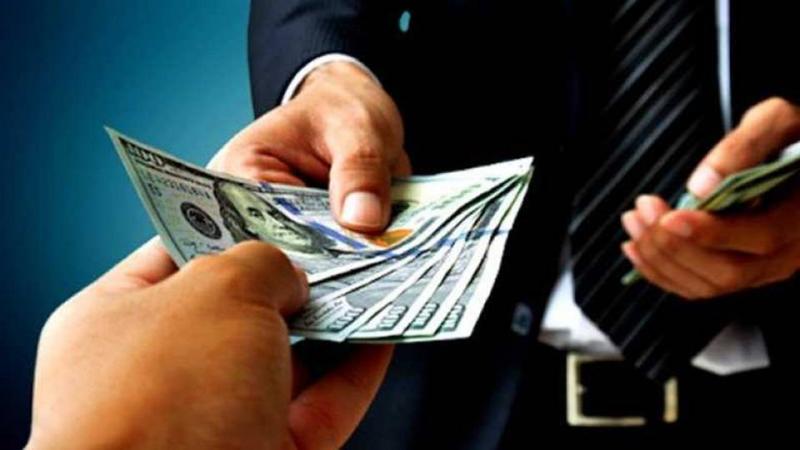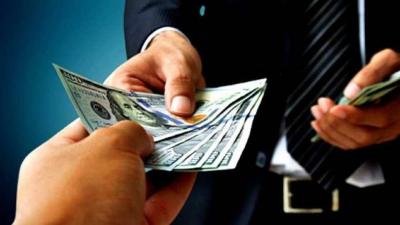As the country enters the holiday season and pushes pending matters into the new year, with the most notable being the election of a president after a four-month standstill, the matters of living and health have resurfaced to overshadow all concerns. This is compounded by the soaring exchange rate of the dollar, which has exceeded any capacity to confront the living and life challenges of citizens. Pharmaceutical companies have ceased the delivery of baby formula and medicine to pharmacies, signaling a potential return of the medication shortage crisis.
The rise in the dollar's value has negatively affected commercial activity during the holiday season, which was hoped to stimulate the stagnant markets. Financial and economic expert Louis Hbeika described the situation as "gray leaning towards black," noting in a conversation with "Al-Anbaa" that "Lebanon’s economic and living deterioration is not new. What matters is that the crisis does not prolong, otherwise Lebanon will become like an incurable disease. We are living in extremely poor political, administrative, and social conditions, which have reflected across all sectors." He believes "it is the people's right to flee from the lira to the dollar because they have lost faith in the national currency and are now dangling by threads. The paradox is that there is demand but no supply. Even Lebanese returning to spend the holidays prefer dealing in dollars rather than the national currency."
The direct reason for the dollar's rise is the inability of the Central Bank of Lebanon to intervene and the depletion of reserves, which barely suffice to support wheat and medicine—a clear indication of the cry raised by the pharmacists' union regarding the drug shortage. He pointed out that the general rise of the dollar is due to the political crisis and the lack of a solution. He noted, "There may be illegal smuggling of the dollar; people cannot be blamed if they want to protect their money because trust in banks is lost, and there is also dollar smuggling across borders. We have seen several countries like Lebanon where their economies have collapsed, such as Pakistan, Sri Lanka, Haiti, and Peru. However, we have not reached a point of despair yet. The matter hinges on the re-election of a president, and once we return to tightening our belts, things will normalize."




